


Experts gathered in Valencia for the 2nd workshop of the ELLIS Program ‘Machine Learning for Earth and Climate Sciences‘
During the three-day event in April, more than 40 experts from renowned universities and institutions in Europe discussed machine learning approaches, assumptions and theories to further advance the research field. The workshop was co-sponsored by the European Network of AI Excellence Centres (ELISE), where the University of Valencia is a key node, too. ELISE is part of the EU Horizon 2020 ICT-48 portfolio.
ELLIS Programs are cross-national research projects, each being directed by outstanding machine learning scientists and focusing on an area that has the potential to move the needle in modern AI. The program ‘Machine Learning for Earth and Climate Sciences‘ is led by ELLIS Fellow Gustau Camps-Valls, a Full Professor in Electrical Engineering at the University of Valencia and Group Leader of the Image and Signal Processing (ISP) group, and by Markus Reichstein, ELLIS Fellow and Director of the Biogeochemical Integration Department at the Max-Planck-Institute for Biogeochemistry. The program’s objective is to model and understand the Earth system with Machine Learning and Process Understanding, and to foster excellence in this research field. The different teams part of the program have maintained long-standing collaborations addressing pressing topics in Earth sciences such as physics-aware machine learning, causality and explainability.
Teaser talks, working groups and hands-on sessions to advance the research field
During the workshop in Valencia, the experts exchanged views on current research challenges and a broad variety of topics such as extreme climate events, the characterization of memory effects on vegetation, the capturing of causal latent representations, the characterization of events like floods and droughts, impacts on ecosystems services dynamics and the anthroposphere. In-depth discussions on hybrid ML, robustness/generalization and uncertainty assessment, extrapolation, causality, consistent parameter inference, causal NN, XAI and interpretable AI were complemented by hackathons and hands-on sessions on topics such as hybrid modeling and learning causal representations.
Important in-person meeting to discuss future collaborations and new project ideas
The workshop in Spain was an important in-person networking opportunity for junior and senior researchers after a longer break due to the pandemic. Knowledge transfer, the identification of research gaps and new approaches as well as the development of new project proposals and future collaborations were therefore important points on the agenda. “To foster excellence in science, strong international collaboration is essential. Our workshop was a great opportunity to bring outstanding experts from all over Europe together, to exchange in person about the latest findings and research challenges, and to bring new projects on the way. We received a lot of positive feedback from the participants, and we are looking forward to organizing more workshops in the future”, said Gustau Camps-Valls.
The program’s next workshop will be hosted at MPG in Jena.
Learn more about the program and its members here.
